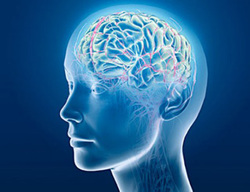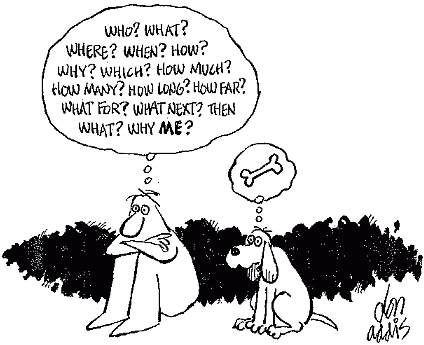 “The mind acts like an enemy for those who don’t control it.” Bhagavad Gita "All his life has he looked away to the future, to the horizon. Never his mind on where he was. Hmmm? What he was doing. Hmph." Yoda In recent years, there has been an exciting convergence between Eastern Philosophy and Western Neuroscience. The practice of Mindfulness has been shown in several studies to help with many kinds of distress. Personally, I have seen a great benefit to people who make use of Mindfulness to reduce their suffering from anxiety. One of the wonderful things about Mindfulness is its simplicity. A conscious effort to maintain focus on the present moment is all that is required. Much of the distress that results from anxiety comes from allowing the mind to ruminate over things that are often times out of our control. Thinking about where we are going to be, what we are going to be doing, how we are going to be doing it, etc., all cause the mind to become centered on the future. Staying in the present moment allows you to be focused on things that you have more control over. How you are walking, what you are eating, if you are smiling at the person that just walked by you, are all examples of being mindful. We have a great deal more choice over what we choose to focus on than is immediately apparent. This is not to say that your brain will not become distracted or move rapidly from one idea to the next. It will. What is important is to recognize that your thoughts are elsewhere, gently take notice of it, and return your focus to the present moment. The word "exercise" is often used to describe Mindfulness activities This is an apt description. Neuroplasticity is a term that is used to describe your brain's ability to act like a muscle. Your brain is capable of forming new connections over time, literally re-wiring itself to more quickly access what areas are being focused on. So, if you focus on things like the present moment, or feeling empathy and compassion for other people, your brain will eventually begin to do this as more of a default than a conscious effort. These things do not happen overnight, obviously, but simply making the effort to be more aware of what you are doing in the present moment can very quickly divert your mind from more detrimental and anxiety-provoking thoughts. If you are having anxiety which is adversely affecting your life, I can help you to make use of some very simple ways to change your thinking. This change can help you to overcome bad habits, negative emotions, and keep you grounded in the present moment. If you have any questions around Mindfulness, Neuroplasticity, or anxiety, please feel free to contact me. Cartoon courtesy of Don Addis. Photo courtesy of http://marcdeveraux.blogspot.com/2012/11/yoga-and-brain.html. Yoda photo courtesy of Star Wars Wiki
5 Comments
Tara
12/6/2012 08:00:31 am
Your explanation of mindfulness makes me feel anyone, not just meditators, can learn it and improve their mood. I'll be contacting you for assistance.
Reply
Barbara
8/27/2014 04:03:19 am
I've experienced anxiety for years and discovered Mindfulness in the last few years. It is a wonderful tool and this is a great explanation of how and why it works. Well done!
Reply
Alex
3/29/2016 07:58:26 pm
Sometimes when I wake up my first thought is "ugh, here I am again in my mind." I'd kind of like to be more like the dog in the cartoon!
Reply
Art jefferson Marr
10/13/2022 06:03:33 pm
Mindfulness does NOT change the brain
Reply
Leave a Reply. |
AuthorStephen Quinlan is a Licensed Independent Clinical Social Worker who practices in Dover, NH Categories
All
|


 RSS Feed
RSS Feed